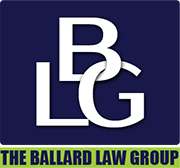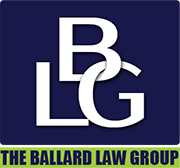Most debt is discharged upon successful completion of your bankruptcy case, but there are some exceptions. In bankruptcy there are three different types of debt – secured debt, unsecured priority debt, and unsecured debt – and whether the debt is discharged in your bankruptcy case depends on the type of debt you have.
Unsecured debt includes credit cards, medical bills, signature loans, etc. Assuming that you disclosed all of your income and assets when you filed your bankruptcy petition and you didn’t intentionally incur a lot of debt before you filed, your unsecured debt will be discharged upon successful completion of your bankruptcy case.
Unsecured priority debt includes child support and spousal support obligations, student loans, certain types of tax debt and other very specific types of debt. Unsecured priority debts are not discharged in a Chapter 7 bankruptcy case but can be included in a Chapter 13 repayment plan.
Secured debt includes the mortgage on your house and the loan on your car. If you don’t reaffirm the debt or redeem the collateral prior to receiving your discharge, you won’t be legally obligated to pay the debt but the creditor will still have the right to foreclose on your house or repossess your vehicle if you don’t make your payments.
The type of debt that you have and your individual financial situation determines whether it would be better for you to file a Chapter 7 or a Chapter 13 bankruptcy. The Ballard Law Group offers a free initial consultation so that you can make an informed decision as to whether a Chapter 7 or a Chapter 13 is best for you. Call us today at (404) 800-9939 to schedule your free initial consultation at either our Atlanta or Lawrenceville office.
TERMS OF USE & DISCLAIMER: The content of this website is for informational purposes only and does not, nor is it intended to, create an attorney-client relationship between The Ballard Law Group and the viewer. Bankruptcy is a complex area of law and it is strongly recommended that you consult an attorney for advice regarding your individual situation.

